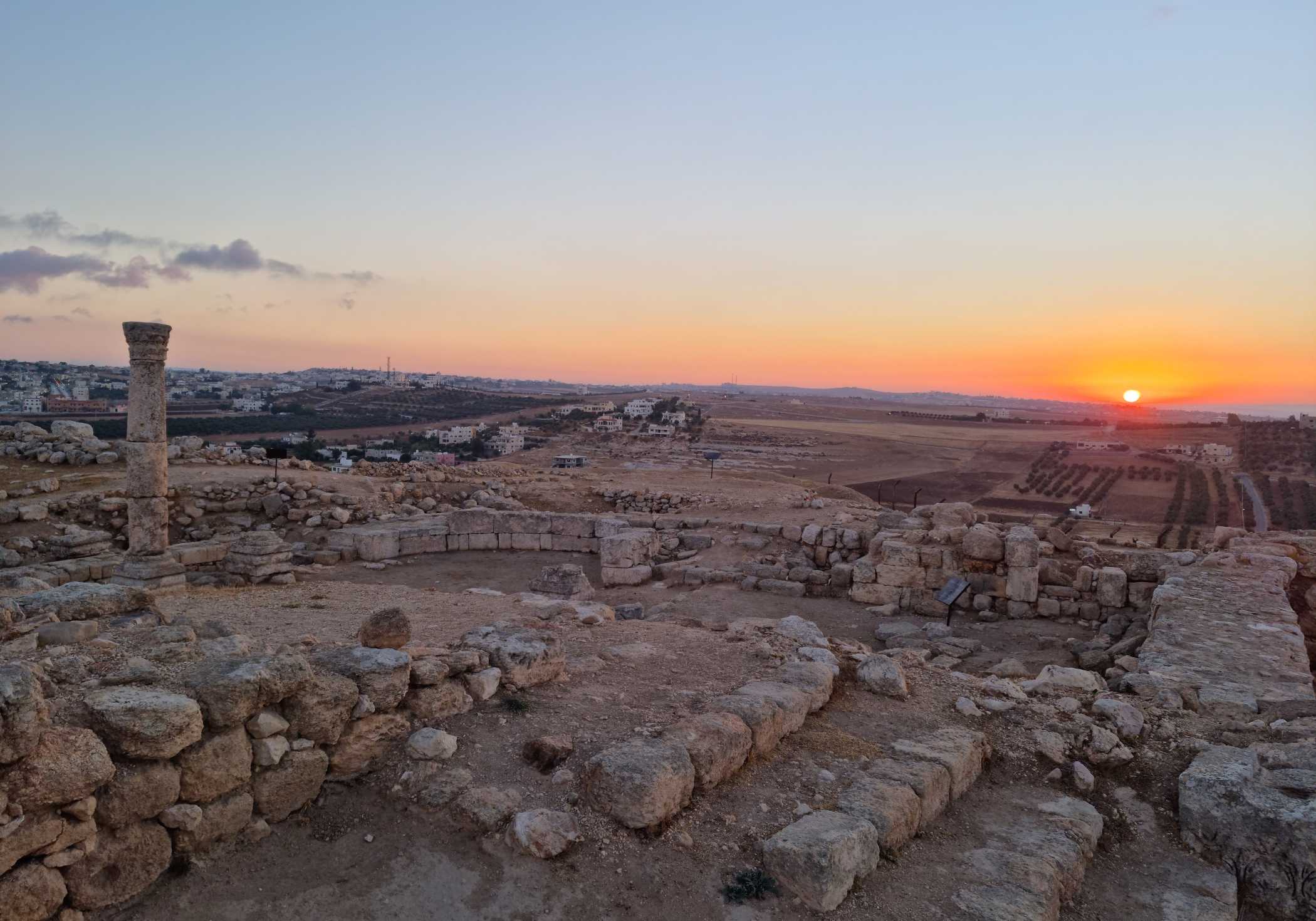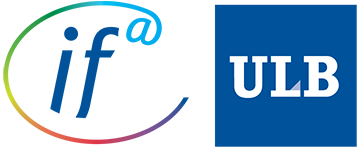Other
Our Fellows in the Spotlight : Nicolò Pini
10 November 2021

What is your project about and what are its objectives?
My project investigates reoccupation patterns and reuse of architectural features in a region in Central Jordan, the Madaba Plains, with a particular focus on the site of Tall Hisban. The goal is to understand some settlement dynamics in the history of this long-settled site, which has been almost uninterruptedly occupied from the Iron Age into the Ottoman period.
What is the expected impact of your project on society ? According to you, how could your project contribute to society ?
Assess the social impact of an archaeological investigation is not an easy task. What is certain is that the local communities has been long involved in the archaeological activities taking place at the site, either through dissemination activities or as direct engagement in the excavations. Increasing the awareness of the historical importance of the archaeological remains and parallelly developing the archaeological park for better fruition both for tourists and locals are the two outputs which have a more direct impact on the local community.
What kind of partnerships in research & industry are you looking for to make your project evolve ?
The project have benefitted and is still benefitting by the collaboration with different international research centers, universities and institutions. In particular, I would like to mention the Research Unit for Islamic Archaeology of the University of Bonn, directed by Prof. Bethany J. Walker, who is the director of the archaeological project at Tall Hisban and who has been a precious partner over several years. In addition, I am extremely glad to collaborate also with Panorama, a center based at the ULB and specialized in 3D survey technologies. Certainly, further expanding the network of collaborations with other centers and universities is a much needed requirements to make the project further evolve.
Why did you decide to apply to Cofund IF@ULB? How would you say the experience contributed/ is contributing to your personal and professional growth?
The Cofund IF@ULB was an interesting opportunity both to conduct a research project independently and to complete my professional profile. Indeed, the training opportunities offered are a precious resource to integrate and/or improve my personal cv and professional skills. I think that more than other fellowships, the Cofund IF@ULB is conceived as really to help and guide the researcher in finding its own professional path, which is likely one of the major challenges junior professionals have to face.
What are the achievements (both professional and personal) you are most proud of?
Professionally, I am proud of the recognition my efforts have had on an international level. This has led to the expansion of my professional network, in turn opening to future possible collaborations and the development of new archaeological projects. The benefits this professional recognition carries are certainly reflected also on a personal level. Better understanding which are the ultimate goals you can potentially achieve and clarifying which are the possible paths to follow importantly contributes to the personal stability.
Finally, what’s next for you?
Also thanks to the training opportunities offered during the fellowship, I realized that the path I am keen in pursuing is to continue working in the academic research and to teach. Consequently, in the near future, I plan to apply for national and international major grants, keeping an open eye for eventual, possible job opportunities in the academia.
Find more about Nicolò and his research here.

Nicolò's project has received funding from the European Union’s Horizon 2020 research and innovation programme under the Marie Skłodowska-Curie grant agreement No 801505.
